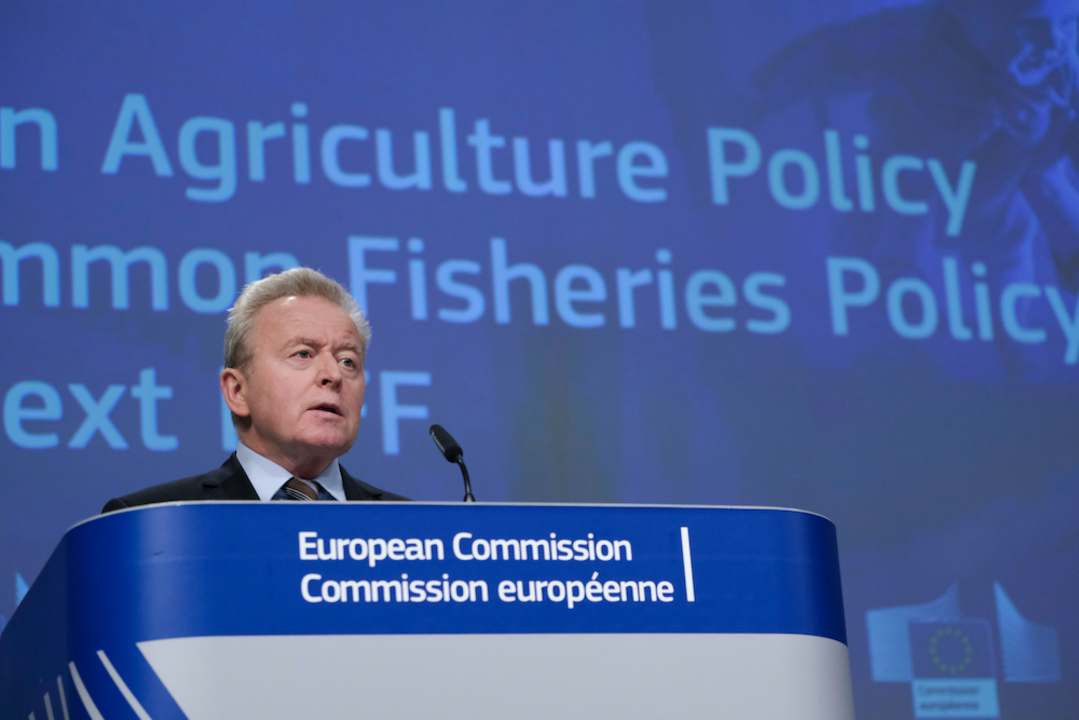Introduction: Understanding the Common Agriculture Policy
The Common Agriculture Policy (CAP) is a cornerstone of the European Union's policies, aimed at providing financial support to farmers and ensuring a stable supply of affordable food for European citizens. Introduced in 1962, the CAP has evolved over the years, but its core objectives remain the same. As a blogger, I find it crucial to explore whether the CAP still serves its purpose, or if it should be removed entirely. In this article, I will discuss various aspects of the CAP and its implications for European agriculture and beyond.
The Benefits of the Common Agriculture Policy
Before delving into the arguments for removing the CAP, it's important to acknowledge the benefits it has provided over the years. The financial support offered to farmers has helped stabilize agricultural markets, preventing extreme price fluctuations and ensuring a steady income for farmers. This, in turn, has ensured food security for European consumers, as farmers can afford to produce enough food to meet demand. The CAP has also contributed to rural development, as it includes funding for environmental initiatives and infrastructure projects that have helped revitalize rural areas.
The Environmental Impact of the CAP
One of the most controversial aspects of the Common Agriculture Policy is its environmental impact. Critics argue that the CAP's focus on increasing agricultural productivity has led to intensive farming practices that have had negative consequences for the environment, such as soil degradation, water pollution, and loss of biodiversity. However, recent reforms have attempted to address these issues by introducing "greening" measures, which tie some of the financial support to environmentally friendly farming practices. As a result, some argue that the CAP is now playing a positive role in promoting sustainable agriculture.
The Impact on Developing Countries
Another significant criticism of the CAP is its impact on developing countries, particularly those in Africa. The financial support provided to European farmers allows them to sell their products at lower prices, making it difficult for farmers in developing countries to compete in the global market. This has led to accusations of the CAP being a form of protectionism that perpetuates global inequalities. The EU has taken steps to address these concerns by implementing various development programs and reducing export subsidies, but the issue remains a contentious one.
Efficiency and Fairness of CAP Payments
A key concern surrounding the CAP is the efficiency and fairness of its payment system. Critics argue that the distribution of funds is heavily skewed towards large, wealthy farmers, while smaller farms receive a disproportionately small share. This has led to calls for a more targeted approach to financial support, focusing on those who need it most. Additionally, there are concerns that the CAP's administrative complexity and bureaucracy make it an inefficient use of taxpayer money.
Alternative Policies and Strategies
If the CAP were to be removed, alternative policies and strategies would need to be implemented to address the challenges facing European agriculture. Some potential options include supporting organic and regenerative farming practices, investing in research and innovation, and promoting local food systems. These approaches could help address the environmental and social concerns associated with the CAP while ensuring a stable and secure food supply for European citizens.
The Future of the CAP: Reform or Removal?
As the debate around the Common Agriculture Policy continues, there are growing calls for either significant reform or complete removal of the policy. While the CAP has undoubtedly provided some benefits to European agriculture, the concerns around its environmental impact, unfair distribution of funds, and negative effects on developing countries cannot be ignored. As a result, it is essential to consider whether reforming the CAP would be sufficient to address these issues or if a more radical approach is necessary.
Conclusion: Weighing the Pros and Cons
Ultimately, the question of whether the Common Agriculture Policy should be removed is a complex one, with valid arguments on both sides. While the CAP has played a crucial role in stabilizing European agriculture and ensuring food security, it has also been associated with significant environmental, social, and global consequences. In light of these concerns, it is crucial for policymakers to carefully weigh the pros and cons and consider alternative approaches to supporting European agriculture in a way that addresses the challenges of the 21st century.
